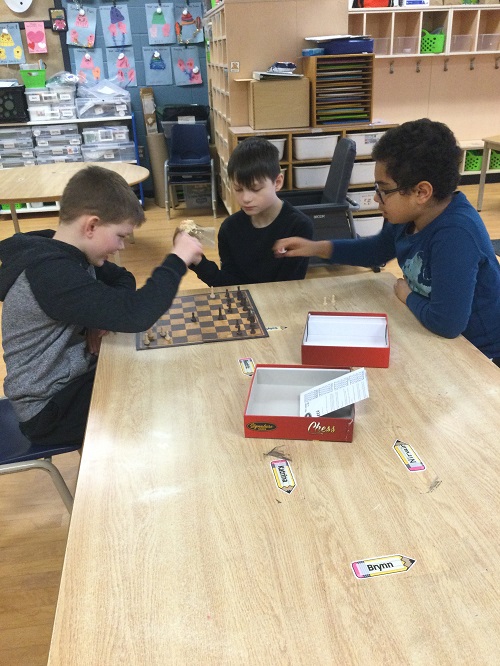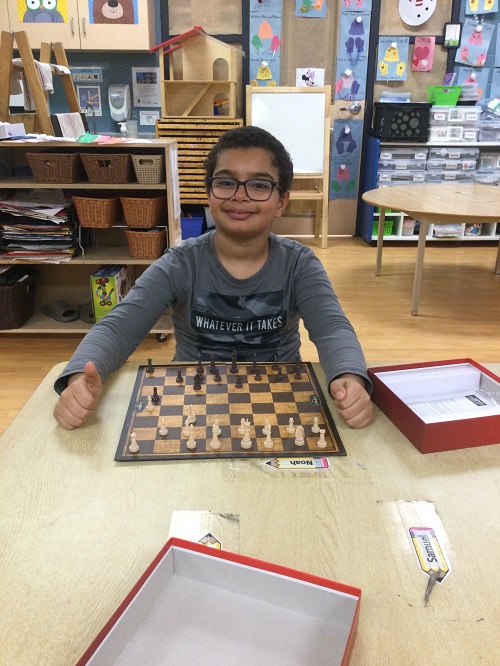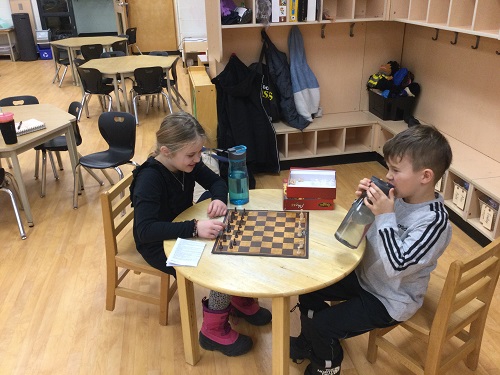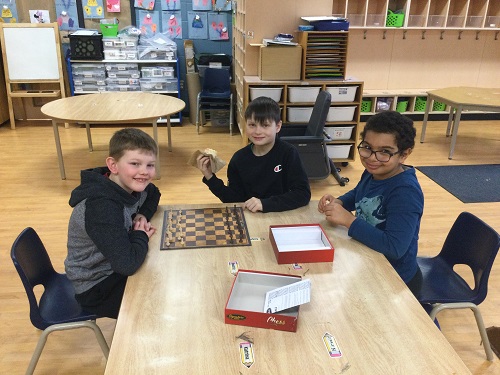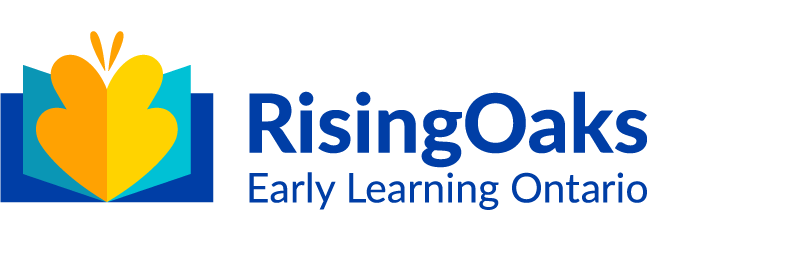In School age 3 a few of the children have been very excited to share their chess skills with the class. Many friends have been eager to join and learn the rules. The friends that have previously played show great concentration and meticulous decision making when playing against another experienced player. When two children who both already know the rules are playing, they can be quite competitive while remaining loyal to the rules. When another friend joins to learn the rules through observation, the competitiveness will tone down and the friends are quick to play more casually while explaining rules and techniques to their less experienced peer.
There are many benefits to playing the game Chess. Chess can help children to develop problem solving skills by enforcing the planning ahead thought process. When children play chess, they can use these skills in day to day life. Often in chess, the thought before making a move is thinking about what your opponent will do if you make that move. Practicing this thought process will help the children think this way on a daily basis. Children are more likely to realize the consequence to their actions if they learn to think ahead. Instead of ripping a paper they find they may think ahead and note “this could belong to someone and that could upset them”. Often when a child makes an impulsive choice such as ripping a paper they don’t think ahead and when asked will respond with “I don’t know why I did that”. When we caution a child to “please think before acting” It’s hard for them to follow through. Providing games like chess is a great way to reach the subconscious in the child’s decision making. When a child exercises their problem solving through a game they build instinctual abilities to be more thoughtful in their future decisions.
Another benefit to Chess is that it can extend a child’s attention span. When the children feel motivated to more carefully plan their action they spend more time focusing strongly on their task. Exercising our brain is the best way to grow our mental strength. The longer a child spends focusing on something the longer they will be able to focus in the future. After a long day have you noticed your child struggling to focus on their homework? It might even be hard as a parent to focus on your child’s math homework after a long day of work. Engaging in a game of chess even once a week can build up focus endurance making accomplishing high concentration tasks easier. Some other activities that can exercise attention span include: reading, journaling, word games, sudoku, jigsaw puzzles and many more!
A similar, faster and easier game that we have been enjoying in School-age 3 is Tic-Tac-Toe. There has been visible growth in the children playing Tic-Tac-Toe and their decision making skills. While playing the first few times some children were so focused on getting 3 in a row that they would miss the opportunity to block their opponent resulting in their opponent winning the game. Soon the children would be taking a little bit longer to place their piece showing they are putting more thought into their decision. While playing the children would say “oh, I can’t go there or you will win”. This shows that the children are learning about planning their actions and considering future consequences.
